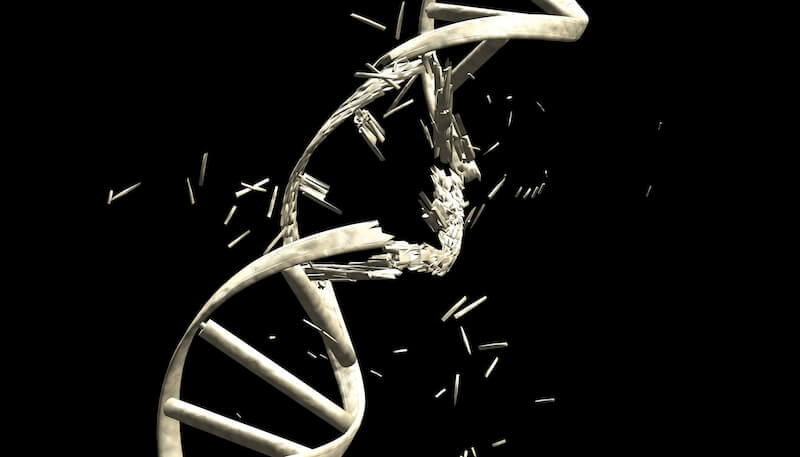P
PetraG
Guest
The problem is developing the idea to a point that it qualifies as a scientific explanation…that is, that it gives the scientist or scientists somewhere to go in the laboratory and a way to ask whether observations will support or refute the idea. That is the coin of the realm in science: Is there a way to look for evidence to support or refute the idea? (This is why miracles don’t qualify…a scientist cannot put God to the test, but only the natural laws God put into motion.)Intelligent Design is the better explanation.
This, for instance, is a theory that would qualify as explaining life as the result of Intelligent Design rather than random chance:
A New Physics Theory of Life
A physicist has proposed the provocative idea that life exists because the law of increasing entropy drives matter to acquire life-like physical properties
…“I am certainly not saying that Darwinian ideas are wrong,” he explained. “On the contrary, I am just saying that from the perspective of the physics, you might call Darwinian evolution a special case of a more general phenomenon.”…
England’s theoretical results are generally considered valid. It is his interpretation — that his formula represents the driving force behind a class of phenomena in nature that includes life — that remains unproven. But already, there are ideas about how to test that interpretation in the lab.
“He’s trying something radically different,” said Mara Prentiss, a professor of physics at Harvard who is contemplating such an experiment after learning about England’s work. “As an organizing lens, I think he has a fabulous idea. Right or wrong, it’s going to be very much worth the investigation.”…
Last edited:

